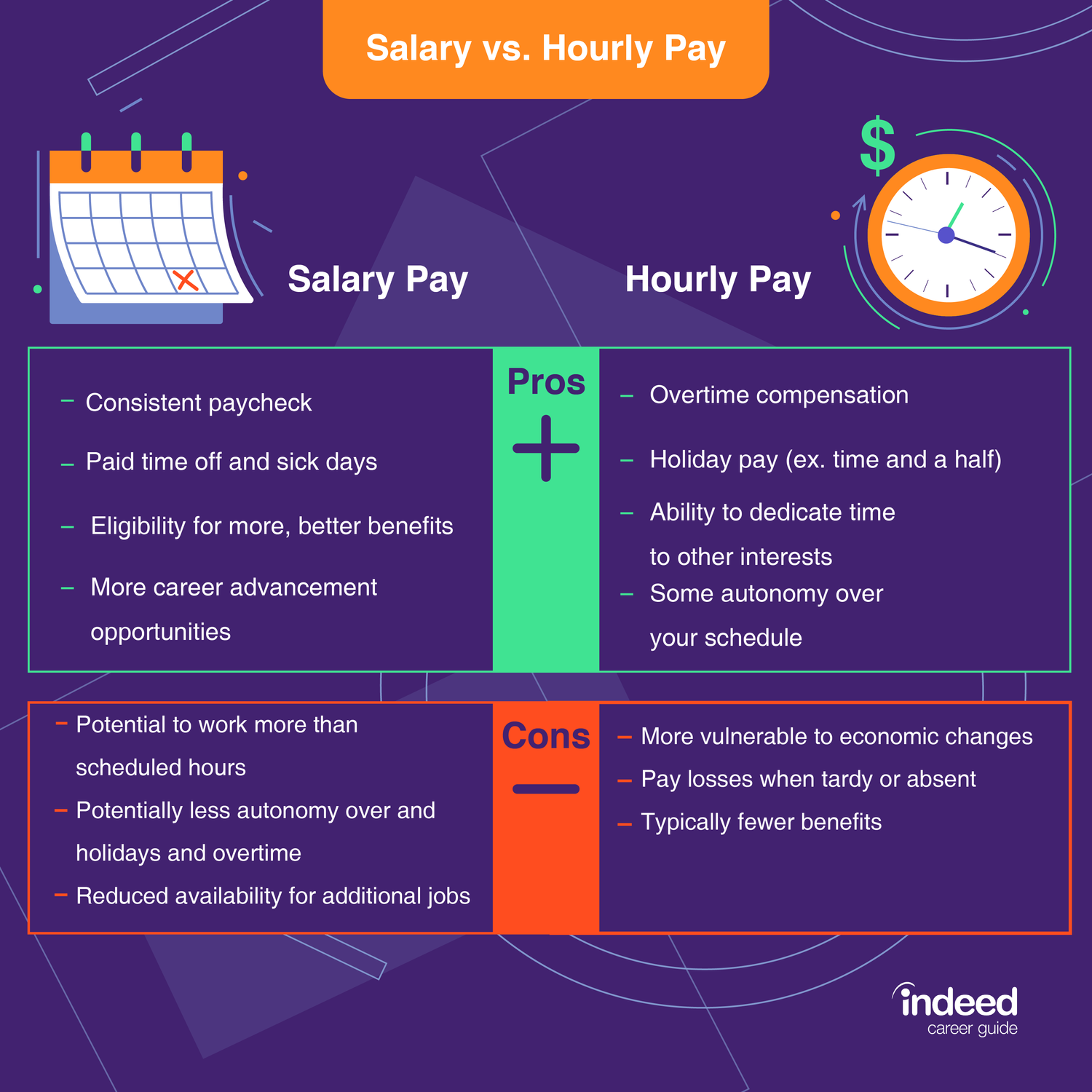
Although there are many steps involved when planning a career path, these steps can help you to achieve success. These steps include setting goals, creating a detailed plan of short- and long term objectives, and looking for training opportunities. They also require a flexible approach in order to account for the changes in your career as a result of the goals you set. Here are some steps to help you create a professional career plan.
Goal setting
Career planning means defining your future goals for the next three decades. But it's not just about setting goals. Your attitude, education, and mindset are key factors. To achieve your professional goals, you can use a career plan. For setting new goals, it is possible to also use your personal objectives. Your career is an expression of you personality and past experiences. Ask someone you trust and ask for their advice if you are unsure where to start. Take a look at the goals of successful colleagues and people you admire to see how they achieved them. Your professional value should be calculated to help you set your goals.
If you feel overwhelmed by all of the choices, consider using a goal template to guide you. Templates may not allow you to define your unique goals and may not reflect your true potential. Using a SMART goals framework will help to create clear goals that increase your chances for success. A goal should be both realistic and achievable. It should answer the following questions. A career plan is a way to help you determine your values and your career path.

Making a list of all your short-term and longer-term goals
For long-term goals to be achieved, it is important to set short-term objectives. The short-term goal can be achieved immediately. Long-term, more complex goals may take time and require more planning. Long-term goals need to be difficult and take a lot more effort. If your long-term goal to become a physician, for example, you will need to complete four years of college, three to eight years of residency, and three to six years in medical school before you can be a doctor.
Creating a detailed list of short-term and long-term goals can help you stay motivated throughout the entire process. These lists can easily be modified or discarded to meet your current needs. Once you've created a detailed list for both short-term and long-term goals and set milestones, it's important that you keep in touch with the list monthly.
Locating training opportunities
Before you begin your search for a career, find out what type of training you need. For example, if your goal is to become an accounting professional, the General Accounting program can be helpful. After you have completed the course, discover which employers are most interested in your skills. Next, you should research the industry growth rate and education requirements. After you have identified the type of training that you need, you can start looking for ways to get it.
Many people want to improve their careers, but the truth is they have full-time jobs, are busy, and are not able to find the time. These people seek out "just in-time" learning opportunities, such as webinars and online courses. This strategy can prove extremely valuable. You may even be able to find a job that doesn't require any formal education. It doesn't matter what method you use to find training programs, there are likely ones that suit your interests.

Flexibility in dealing with career changes
These days, workplaces are known for being unpredictable due to rapid technological development, global markets and changing political landscapes. Most organizations have recently undergone some sort of change. People have taken on new responsibilities, joined new teams, and worked with different functions. In some industries, there is rapid change. Employees need to adjust to the succession in managers. Being flexible to changes in career planning is a way to adapt to these unexpected circumstances.
One important benefit to staying flexible is that it makes you more reliable. Flexibility can improve your standing and open up new career opportunities. You also build trust with your colleagues and coworkers. It helps you keep your eyes on the prize and helps you look at challenges from a different perspective. Professional flexibility can also be beneficial in other areas, making it a win-win situation.